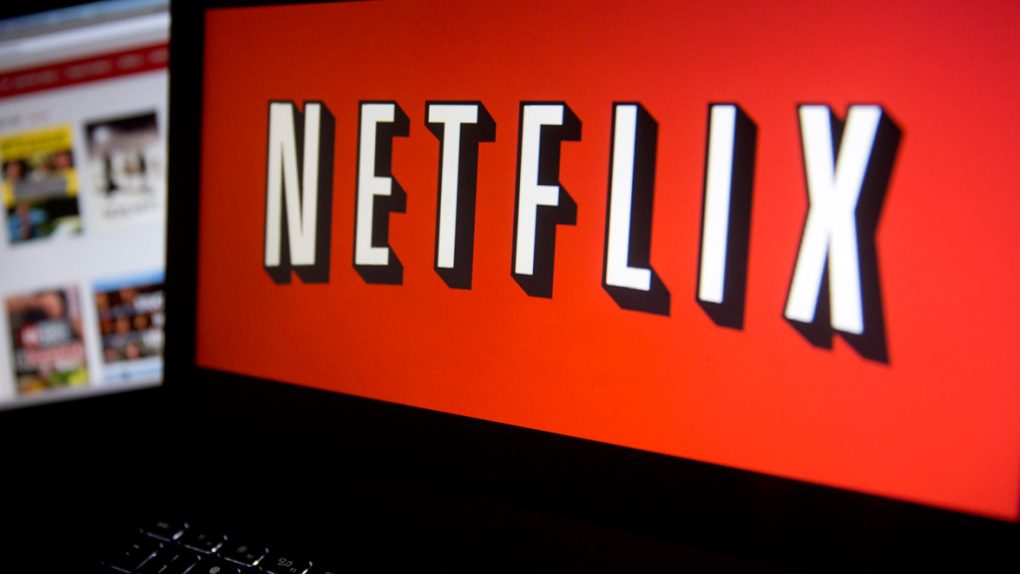It was hardly the star of the show during Apple’s big Mac event on Thursday, but the company announced a brand new app called “TV.” Not to be confused with “
The new app will serve as a hub, offering users a single portal through which they can browse movies and TV shows across a wide range of streaming content providers. So, instead of hopping from app to app searching for a show you want, you can search once in TV and find what you’re looking for. Then, with a single tap or click, you’ll jump to the appropriate app and begin streaming. Of course, there’s one big problem: TV, the app that’s supposed to be your one-stop shop for all of the online video content you want to stream, doesn’t support the most popular video streaming service on the planet.
MUST SEE: Google Pixel crushed by iPhone 7 once again in new performance test
Netflix is everywhere. More so than any other service, Netflix always seems to make sure that users can access its content across all platforms and devices, from smartphones and tablets to computers, TVs and set-top boxes. It seems peculiar, then, that the company would opt out of being one of the many services whose content Apple will serve up in its new app.
There have been plenty of theories tossed around in hot takes published during and after Apple’s event on Thursday, but most of them were quite cold. The most likely explanation(s) comes from Pavan Rajam (via Daring Fireball), who almost certainly hit the nail on the head with one or both of the theories he put forth in a blog post on Thursday evening:
As for why Netflix is opting out of this app, I have 2 theories:
- Netflix views usage data as highly confidential, proprietary information. They don’t even share this data with their show creators, so there’s no way in hell they would share this data with a partner who, it could be argued, is trying to disintermediate them.
- Netflix also doesn’t need help curating and personalizing their content library, they are already the best in the industry. Almost all of the other video apps need all the help they can get.
My money is on the first theory, though the second may have also played a small role. Netflix’s viewing data is its most prized possession. It lets Netflix know exactly what its subscribers are watching so it can license the right content and ditch the wrong content. Even more importantly now that Netflix is a studio, the company can use viewing data to help it decide exactly what original content to create itself, knowing with near-certainty even before it buys a new project that its subscribers will love it. Is it really any mystery why Netflix’s original programming is so beloved?
So the question is obvious: why on Earth would Netflix want to share even a portion of this valuable data with Apple? Especially now that Apple has hopped into the content business itself with original programming, having even considered a Time Warner acquisition before AT&T swooped in.
Now, Netflix could ultimately relent and allow Apple to pull its content into the TV app. The company confirmed to Wired that the company is “evaluating the opportunity.” Translation: If Netflix determines a bit down the road that Apple’s TV app user base is small enough that the company won’t give Apple any meaningful access to viewership data, it might join the party.








